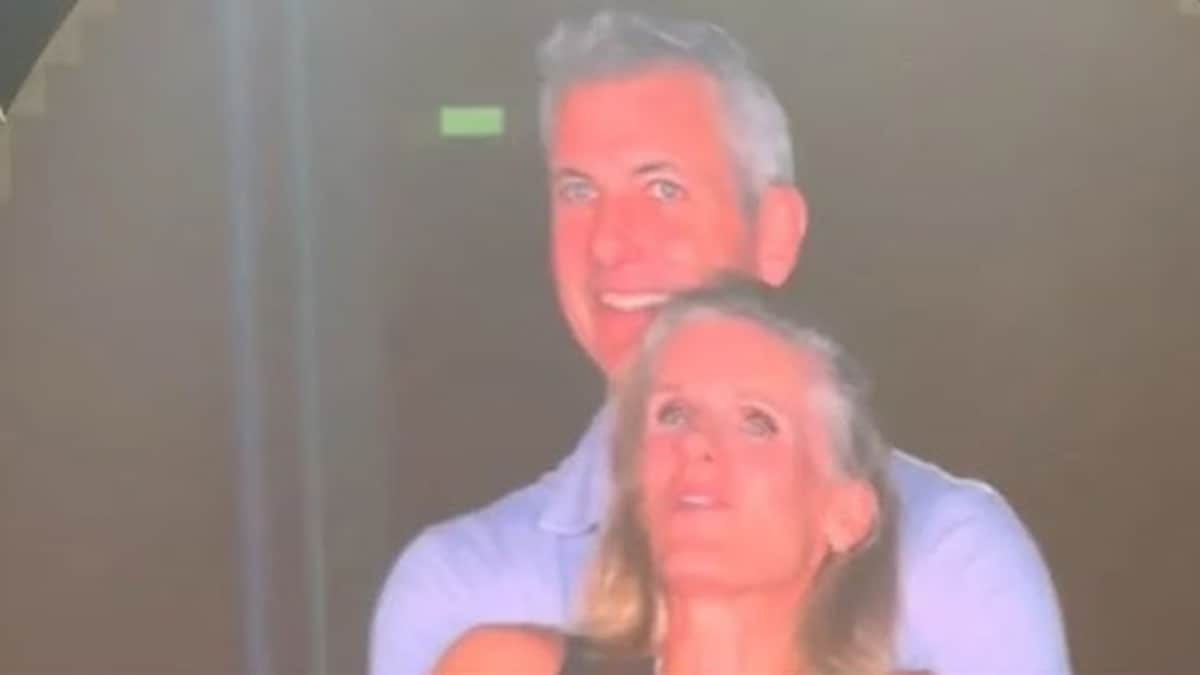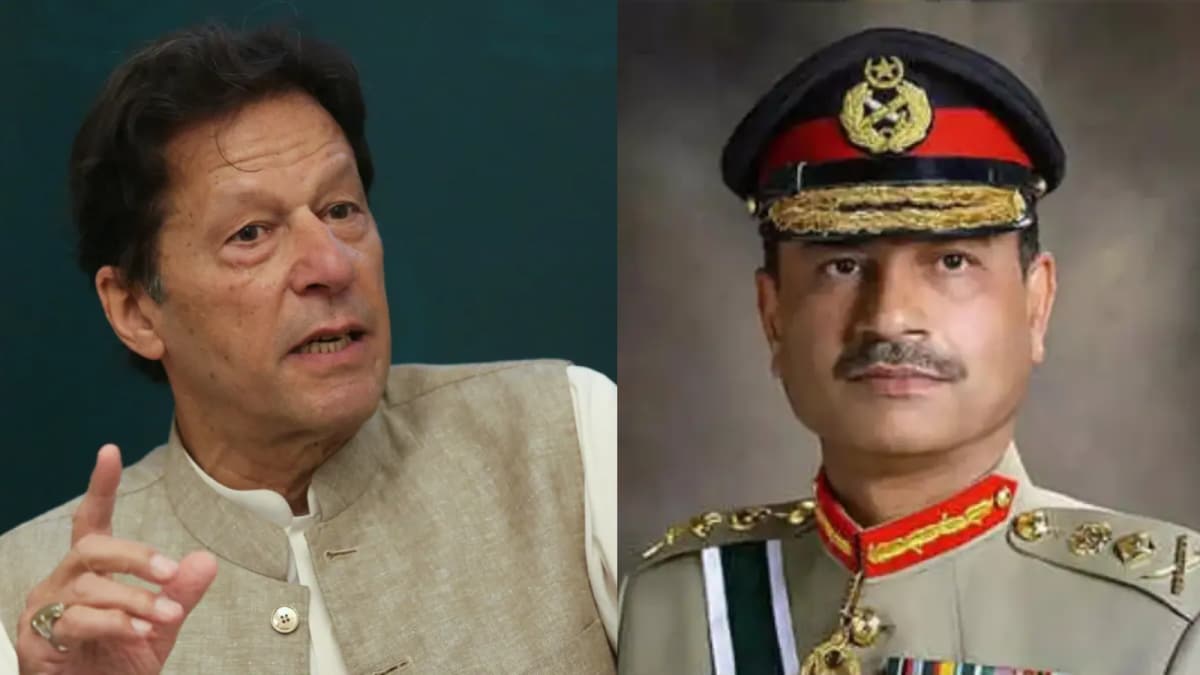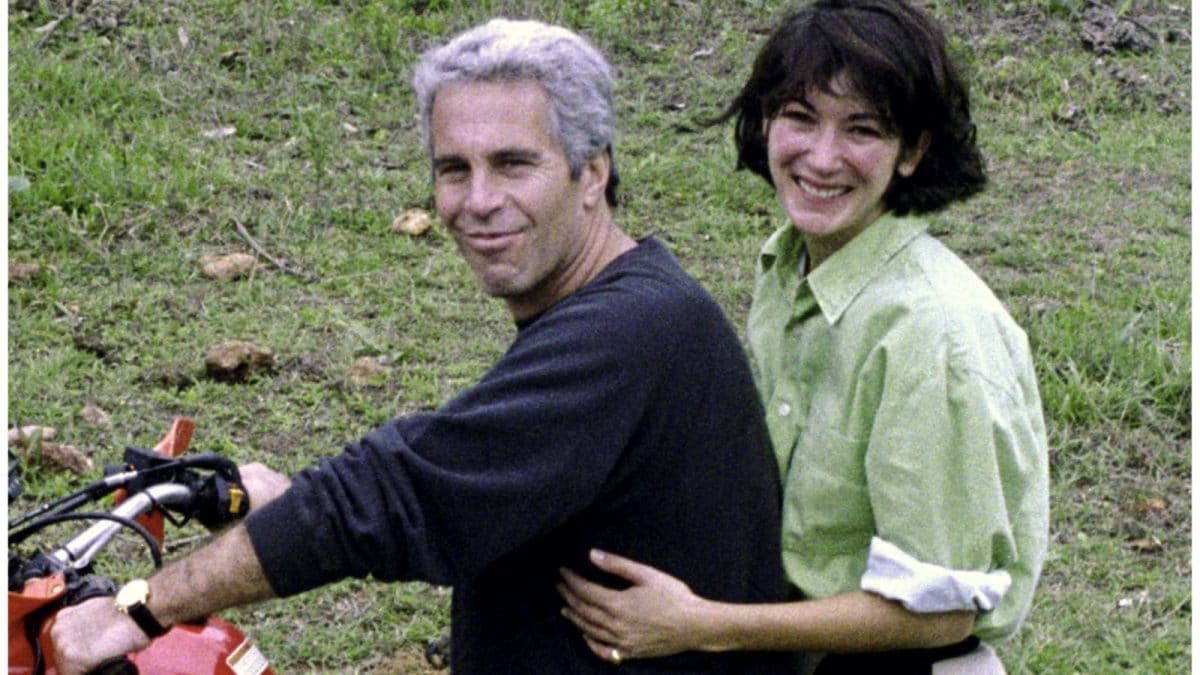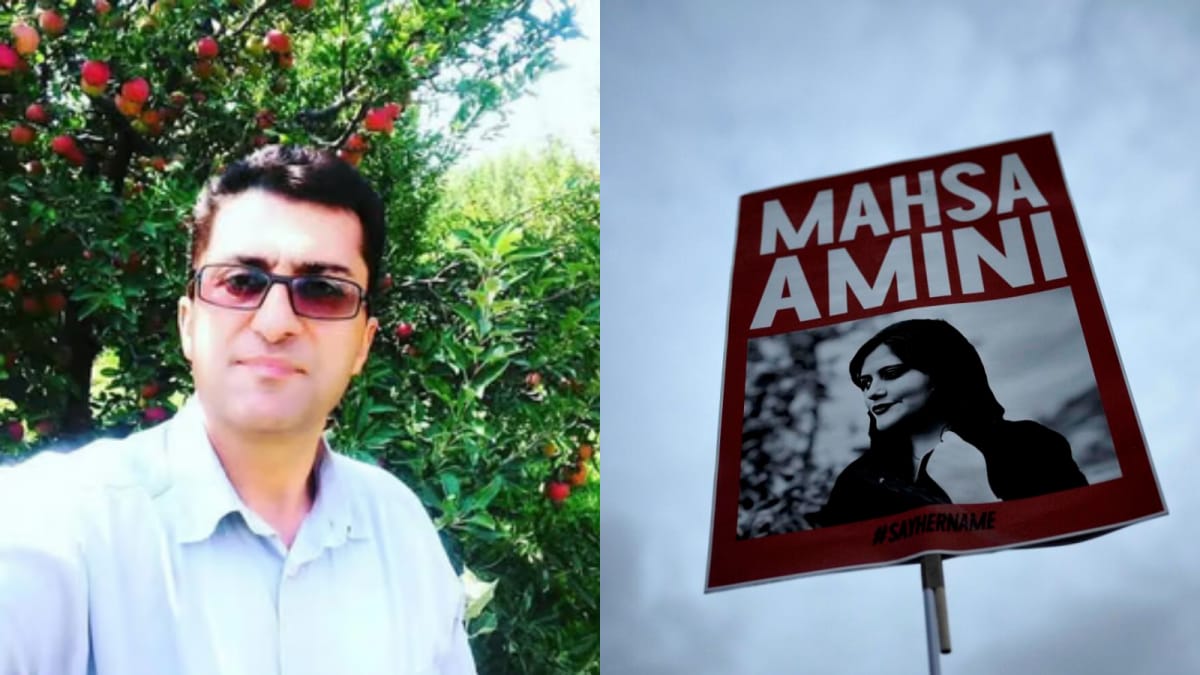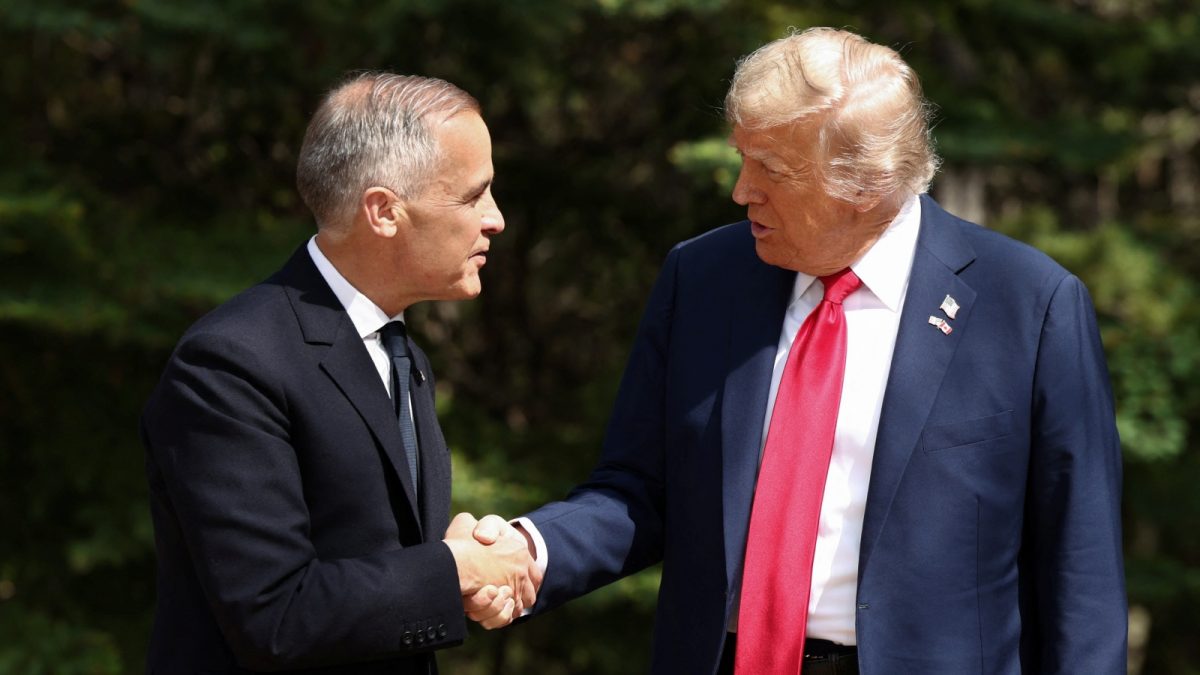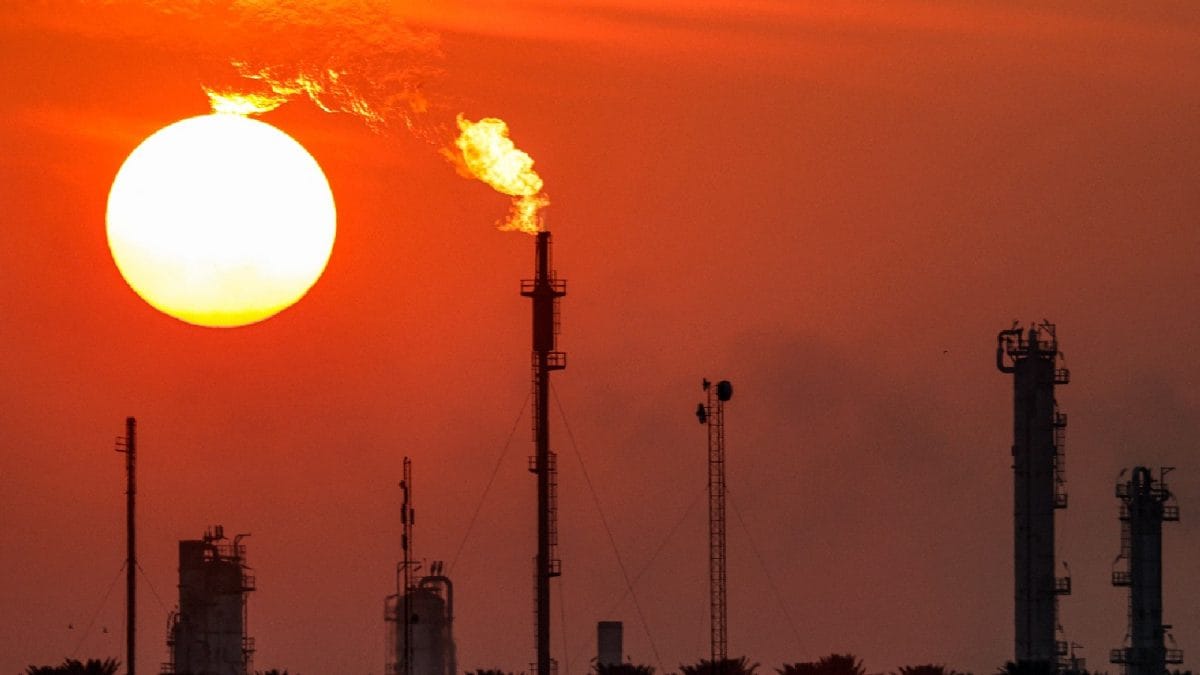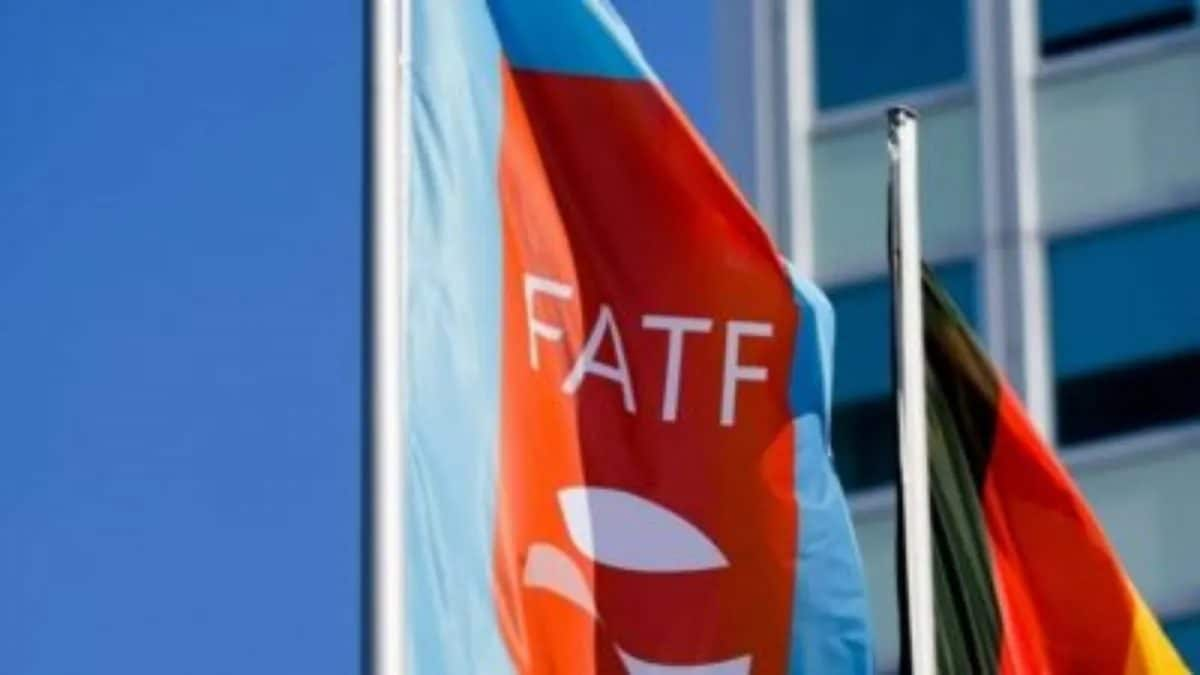Last Updated:May 31, 2025, 15:03 IST
According to Secretary-General Antonio Guterres, UN resources over at least the past 7 years have been shrinking, as not all member states pay yearly dues & many don’t pay on time

(Left) UN Secretary-General Antonio Guterres and (Right) US President Donald Trump. (AFP)
The United Nations (UN) seems to be no stranger to the global affliction with cost cutting. Over 60 UN offices, agencies, and operations have been instructed to submit plans by mid-June to reduce their staff by 20 per cent in an effort to consolidate operations amid a severe funding shortfall.
The Associated Press quoted UN spokesman Stephane Dujarric as saying that the cuts affect about 14,000 posts covered by the regular budget, or about 2,800 posts, including staff in the UN’s political and humanitarian offices, and its agencies helping refugees, promoting gender equality and dealing with international trade, the environment and cities. The UN agency supporting Palestinian refugees, UNRWA, is also on the list.
In a memo to the affected agencies, UN Controller Chandramouli Ramanathan said the staff cuts are part of Secretary-General Antonio Guterres’ goal of achieving a reduction of between 15-20 per cent in the UN’s current budget of $3.72 billion.
The World Food Programme (WFP) may reduce its workforce by up to 30 per cent, while the head of the United Nations High Commissioner for Refugees (UNHCR) informed of plans to cut costs by 30 per cent and reduce senior-level positions by 50 per cent, according to internal memos obtained by the AP.
In addition to WFP and UNHCR, United Nations Children’s Fund (UNICEF) and United Nations Office for the Coordination of Humanitarian Affairs (OCHA) are expected to make cuts, the report said.
WHY THE SHORTFALL?
According to Guterres, UN resources over at least the past seven years have been shrinking as not all member states pay their yearly dues and many don’t pay on time.
Reuters reported that as of May 2025, 41 member countries have not paid their full assessed contributions to the UN’s regular budget. This has resulted in a projected $740 million deficit in the organisation’s core $3.72 billion budget.
The world’s biggest economy, United States, is expected to pay 22 per cent of the regular budget, while No.2 China recently had its share raised to 20 per cent. Last year, 152 of the UN’s 193 member nations paid their dues in full, including China, but 41 countries did not, including the United States.
On one hand, as many countries grapple with domestic economic challenges, inflation, and post-pandemic fiscal constraints, making it harder for them to meet international financial obligations, on the other, escalating crises—from wars in Sudan, Gaza, and Ukraine, to climate emergencies and mass displacement—have placed higher demands on an already stretched budget.
IS TRUMP TO BLAME?
Though Guterres has denied any connection between the job cuts and the withdrawal of foreign aid by US President Donald Trump, numbers tell a different story.
Trump, at the start of his second term, issued an executive order seeking a general review of all US contributions to the United Nations. What followed was his decision to not resume funding for UNRWA.
He also issued an executive order halting most US foreign aid for 90 days and announced withdrawal from the World Health Organisation (WHO), stating it “continues to demand unfairly onerous payments from the United States"— a move that proved to be a body blow for the organisation.
Data on the UN Chief System Executives Board for Coordination reveals that the United States has remained the largest contributor to the UN since its founding in 1945. In 2023, the United States contributed nearly $13 billion, accounting for more than a quarter of the total funding for the UN’s overall budget.
This is exactly why when the US reduces or delays funding, it creates immediate cash flow problems for UN agencies that depend heavily on predictable contributions to plan and sustain operations.
US NOT THE ONLY CULPRIT
While there’s no denying the significant contribution of the US in the funding of the United Nations, 41 member states have reportedly not fulfilled their financial obligations to the UN as of May 2025, contributing to a $740 million shortfall in the regular budget.
Many countries are grappling with economic slowdowns, inflation, or shifting domestic priorities, leading to broader underfunding.
Structural issues within the UN funding model—for instance reliance on voluntary rather than assessed contributions for many programmes—also make the system vulnerable.
WHAT CAN UN DO?
The United Nations can encourage countries, especially high-income nations like the United States, to pay their dues on time and in full. It can increase transparency about the impact of delayed contributions to pressure governments and probably use forums like the G20 to urge coordinated funding support, particularly for urgent humanitarian operations.
It can introduce instruments like green bonds, social impact bonds, or climate funds to raise capital for specific programmes.
The UN’s fund crunch is a crisis of political will and outdated financial architecture, not just economics. By combining short-term funding recovery with long-term reforms and innovation, the UN can emerge more resilient, efficient, and capable of addressing today’s global challenges.

Apoorva Misra is News Editor at News18.com with over nine years of experience. She is a graduate from Delhi University's Lady Shri Ram College and holds a PG Diploma from Asian College of Journalism, Chennai. M...Read More
Apoorva Misra is News Editor at News18.com with over nine years of experience. She is a graduate from Delhi University's Lady Shri Ram College and holds a PG Diploma from Asian College of Journalism, Chennai. M...
Read More
New York, United States of America (USA)
First Published:News explainers United Nations To Cut 20% Jobs Amid Fund Crunch. Is Trump's America To Blame? | Explained

 1 month ago
1 month ago

